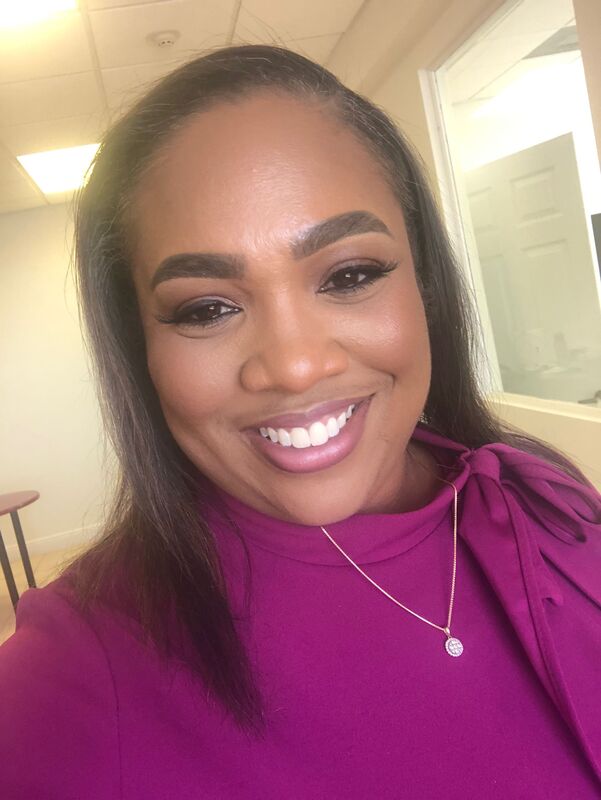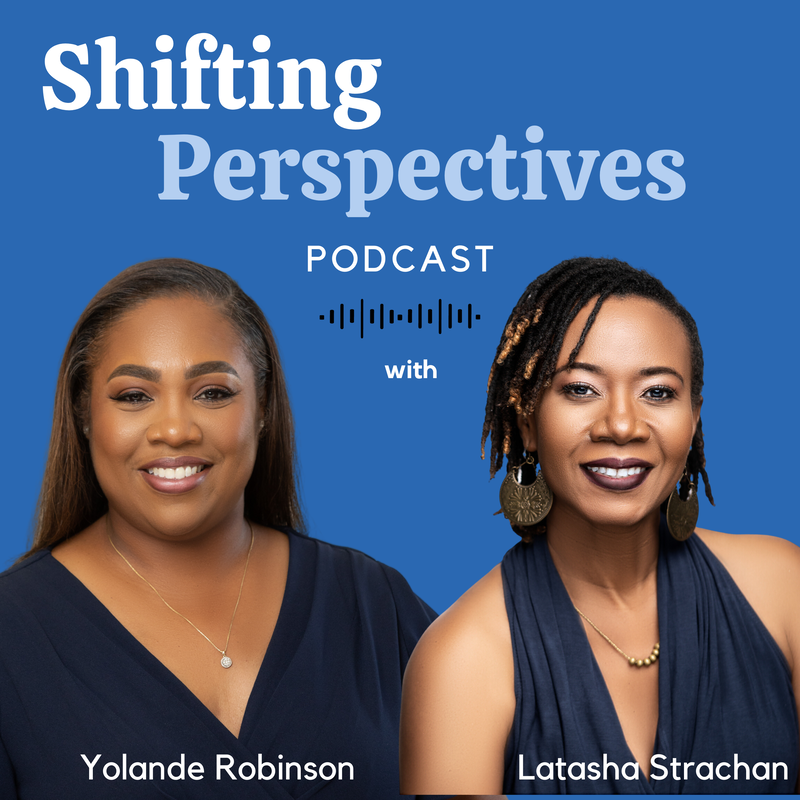 Reflective practice is a vital component of effective teaching, providing us with the opportunity to consider our methods, interactions with students, and the learning environments we create. In many professions, reflective practice is a cornerstone of continuous improvement and professional growth. For educators, it is just as vital. Reflective practice in education involves a deliberate pause to consider what works well, what doesn’t, and how we can improve. This process helps us understand our teaching experiences and develop strategies for future lessons. While administrators and instructional coaches often support teachers in this process, it’s essential for each educator to take ownership of their reflective journey. By doing so, we can enhance our effectiveness and positively impact our students’ learning experiences. The Importance of Reflective Practice Reflective practice is not just an academic exercise. It is a powerful tool that can transform your teaching methods and student interactions. Educational theorists like David Kolb and Graham Gibbs have provided structured approaches to reflection. Kolb’s Experiential Learning Cycle emphasizes concrete experience, reflective observation, abstract conceptualization, and active experimentation. Similarly, Gibbs’ Reflective Cycle includes stages of description, feelings, evaluation, analysis, conclusion, and action plan. While these models offer valuable frameworks, reflection doesn’t always need to be formal or structured. It can be as simple as observing during a lesson, noting student responses, and thinking about what adjustments might be beneficial. This blend of structured and spontaneous reflection can provide a comprehensive understanding of your teaching practice. Taking Ownership of Your Reflective Practice It’s easy to rely on external prompts from administrators or coaches to engage in reflection. However, proactive self-reflection empowers you to take charge of your professional growth. Recognize your crucial role in shaping young minds and understand that reflection is a personal and professional responsibility. By regularly engaging in reflective practice, you’ll gain deeper insights into your teaching style, develop better strategies for student engagement, and create a more positive and effective learning environment. Tips for Improving Reflective Practice For those who are eager to enhance their reflective practice but unsure where to start, here are some tips:
Reflective practice is a journey, not a destination. It requires commitment, honesty, and a willingness to grow. By embracing reflection, you are investing in your professional development and, most importantly, the success of your students. Remember, you have the power to make a significant difference in your classroom. Take that time to reflect, learn, and continuously improve.
0 Comments
Leave a Reply. |
Author
Yolande Robinson, M.Ed. PodcastShifting Perspectives is a conversation with Yolande and Latasha that challenges Listeners to fuel themselves with diversity in the way they think, the way they work, the way they parent and the way they live their lives.
Listen to Shifting Perspectives on Apple Podcasts, Audible, Amazon Music, Spotify, Google Podcast, Stitcher, Pocket Casts, Overcast, Castro, Castbooks, or Podfriend. Archives
July 2024
Categories
All
|



 RSS Feed
RSS Feed